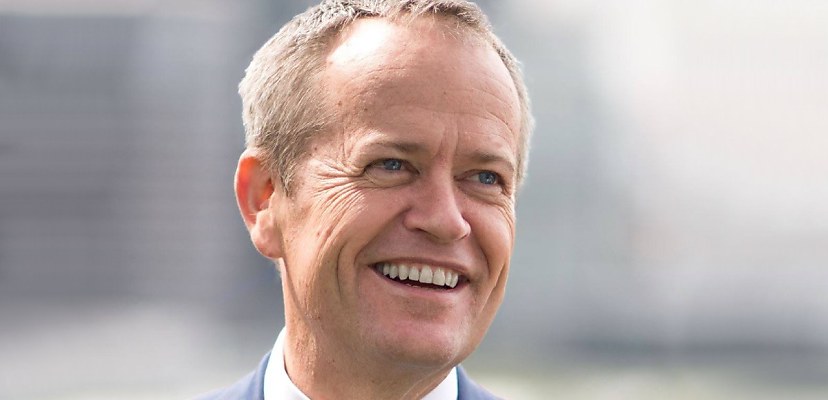Share this article on:
Powered by MOMENTUMMEDIA
Breaking news and updates daily.
The National Disability Insurance Scheme (NDIS) is getting its anti-fraud measures bolstered after the federal government announced it would allocate almost $50 million in funding for new IT systems.

NDIS and Government Services Minister Bill Shorten said that the funding would provide critical security to protect the financial wellbeing and lives of people with a disability, particularly as NDIS participants are being dramatically targeted in fraud schemes and scams.
“We have found evidence of egregious fraud that involves complex criminal networks ripping off NDIS participants and Australian taxpayers,” Minister Shorten said.
“This funding will ensure the agency has the capability to address fraud and non-compliance.”
The government will assign $48.3 million of the 2023–24 budget to fund 200 NDIS staff and to establish a business case “for ICT systems to detect, prevent and reduce non-compliant payments”.
Minister Shorten said that cyber criminal syndicates have been responsible for targeting vulnerable people by impersonating the NDIS and providing false information about how the scheme works, as well as hiding behind fake identities and claiming services that they never delivered,
The latest funding follows moves made by the Labor government last year to combat NDIS fraud, when the government established the Fraud Fusion Taskforce in October 2022.
“The taskforce is already investigating multiple criminal syndicates, some handling tens of millions in NDIS funds,” added Minister Shorten.
“Many have drawn down millions of dollars in funding from hundreds of participants.”
Just last year, an NSW man was sentenced to three years in prison, linked to a crime syndicate responsible for over $10 million in NDIS fraud. The man was arrested in December 2022 as part of the AFP’s Operation Pegasus.
“People ripping off the NDIS are going to prison. In the past 12 months, fraudsters have been sentenced to a combined 12.5 years in prison time for ripping off the scheme,” Minister Shorten said.
The NDIS was established in 2013 and has proven to be one of the largest federal government expenses. It is expected to cost $50 billion by 2025–26, a greater annual spend than Medicare.
The federal budget is due to be announced on 9 May.

Be the first to hear the latest developments in the cyber industry.